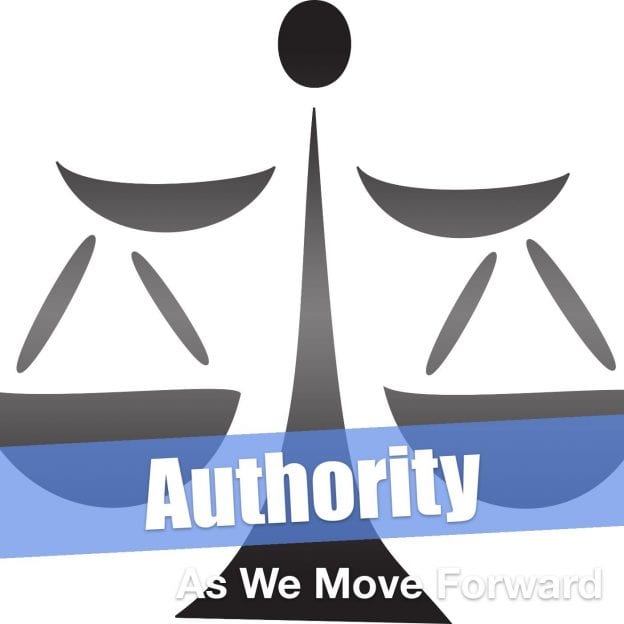
Intimate or socially approved Authority is the legal use of power. It is the legitimate power which one person or a group holds over another. The element of legitimacy is vital to the notion of authority and is the main means by which authority is distinguished from the more general concept of power. Power can be exerted by the use of force or violence.
Unfortunately, the use of force and violence is a too frequent occurrence in many areas of our lives. What begins as a perfectly normal exercise of absolute authority can take on aspects of the misuse of power through circumstances which can begin as perfectly normal interaction between people. It can often happen when groups of children are playing together that one or more children can tend to dominate others simply because they are older and stronger.
Left unchecked, this can lead to various types of behavior that can be characterized as bullying. These actions are usually carried out in terms of the use of force or violence to obtain the desired outcome. Some examples of this are bigger, older children demanding money from younger, weaker children. Another example would be an older child telling a scary story to a younger child to get them to comply with the demands of the stronger child through fear.
Sadly, these tactics are sometimes used by adults to achieve a desired behavior from someone younger and or weaker. A fairly normal part of growing up involves learning to deal with these intimidating behaviors when they happen. Also a vital part of growing up is learning to distinguish between the power tactics involving force and violence and the legitimate sources of authority in our lives that we as mature adults recognize and choose to follow as legitimate sources of authority in our lives.
Some examples of this behavior includes learning to respect people who have legitimate authority in our lives, such as parents and teachers. Respect and healthy relationships develop from the recognition and acceptance of mutual authority present in the balance of healthy relationships. The movement toward autonomy is a big part of learning this balance in relationships. Effective parenting involves allowing a child to move from absolute dependance on the parents for all authority to the place where the mature child has learned to respect what they have learned growing up while developing the increasing ability to make decisions that may or may not coincide with those of the parents.
Sometimes, as adults we need to examine our understanding of authority. This can be confusing when we find our thoughts and behaviors are motivated by people and experiences from our past that might not be legitimate sources of healthy authority but are there in our heads anyway. Maybe our memory of someone, older stronger child, parent, boss or someone who used force and violence, often in the form of intimidation, to make us behave a certain way.

It can be difficult at times today to recognize legitimate authority when so many voices in our life seem to shout at the same volume. Some of us allow those voices to make rules in our minds that seem to force us to comply without questioning whether the authority they represent is legitimate or comes from force and violence.
As we move forward, it can be helpful to look at the sources of authority in our lives to determine which are the result of force and violence and which really are legitimate and healthy. It is a lifelong process of discovery but one well worth the effort.
If you would like to receive new As We Move Forward posts, please subscribe to the As We Move Forward mailing list by clicking here. I release entries on a bi-weekly basis.We have a podcast containing the As We Move Forward articles read by Jae Bloom.

